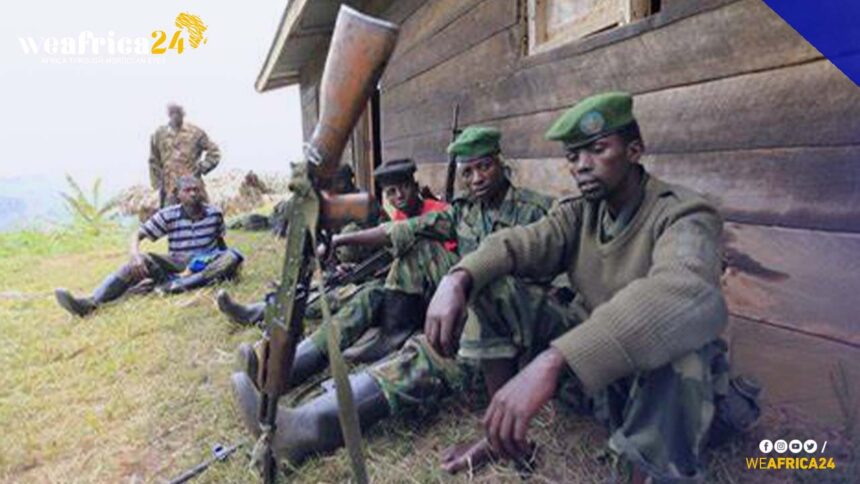The M23 rebellion in the Democratic Republic of Congo (DRC) has had devastating effects on women and children. The conflict began in April 2012 when former members of the National Congress for the Defense of the People (CNDP) rebelled against the government, claiming that it had not fulfilled its commitments under a peace agreement signed in March 2009.
Since then, the M23 has been responsible for widespread human rights abuses, including rape, torture, forced displacement, and recruitment of child soldiers. Women and children have been particularly affected by the conflict, with many forced to flee their homes and live in overcrowded displacement camps.
The consequences of sexual violence are long-lasting and severe, with survivors often experiencing physical injuries, psychological trauma, and social stigmatization. In addition, many women and girls who have been raped become pregnant, which can lead to further complications if they do not have access to appropriate medical care.
Children have also been heavily impacted by the M23 rebellion, with many forcibly recruited into armed groups. Child soldiers are used for a variety of tasks, including combat, spying, and carrying supplies. They are often subjected to brutal training methods and exposed to extreme violence, which can have long-term psychological effects.
Furthermore, children displaced by the conflict face a range of challenges, including disrupted education, exposure to disease, and increased risk of exploitation. Many children living in displacement camps are forced to work to support their families, which can prevent them from attending school and limit their opportunities for the future.







